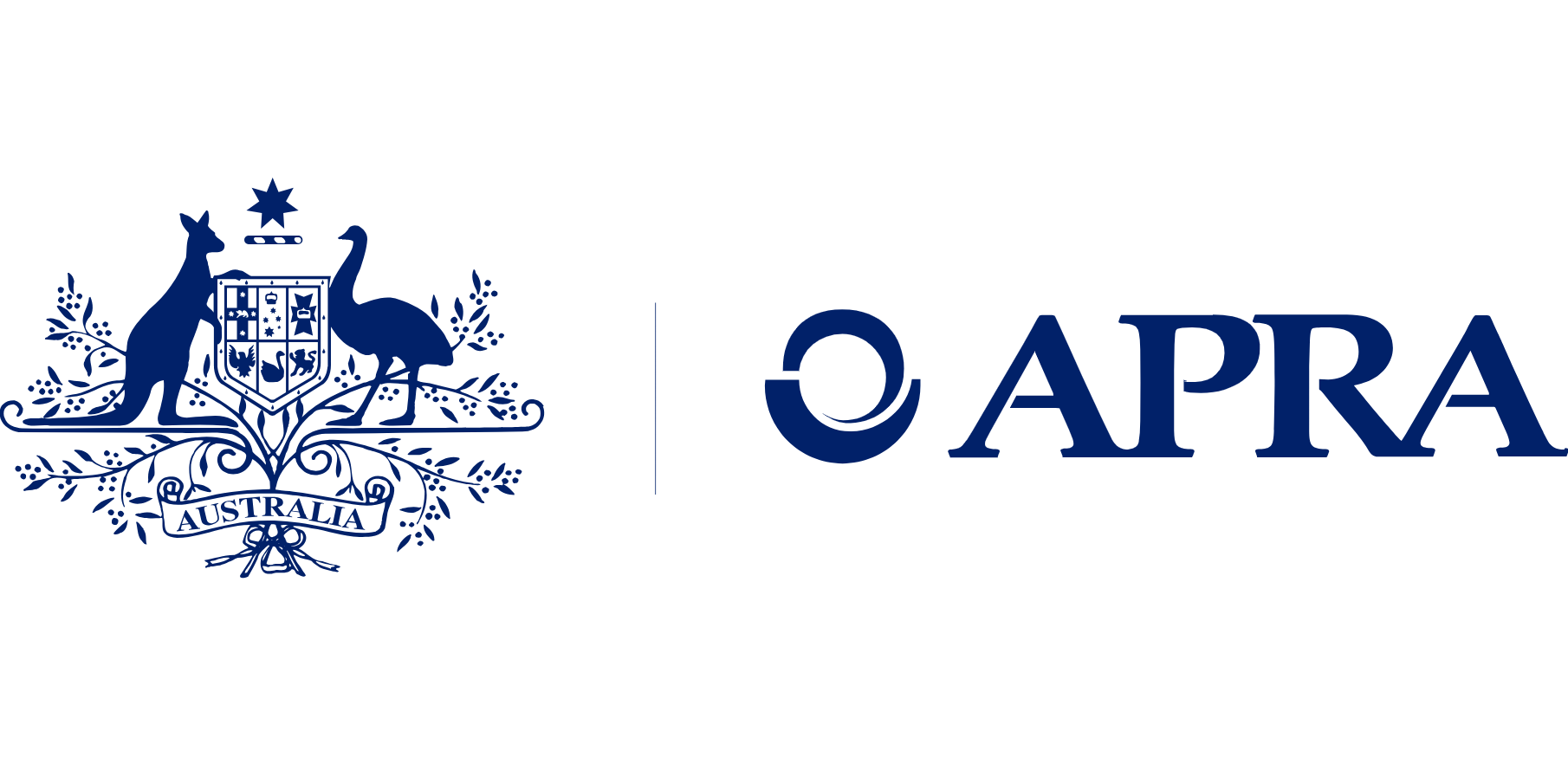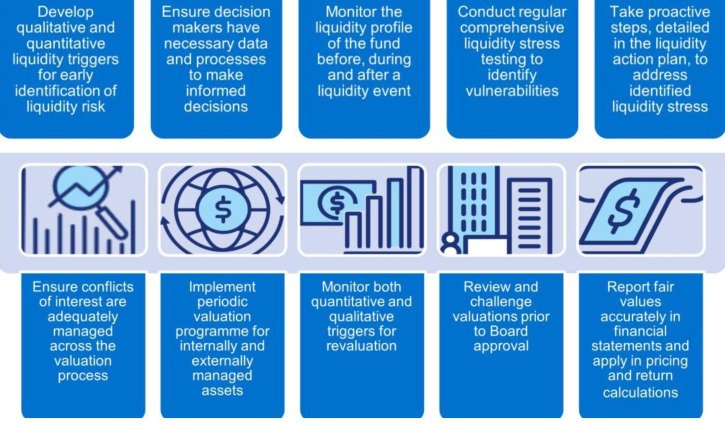With around 40% of superannuation fund assets owned by retirees who have the right to draw down this money, it’s hardly surprising that this ever expanding cohort wants to know exactly how they’re spending members' money.
In an effort to champion the interests of all super funds members, Australian Prudential Regulation Authority’s (APRA) deputy chair Margaret Cole made it clear to chairs attending Conexus Forum earlier this week that super funds' expenses bills are now being watched closely.
What has spurred APRA to put super funds on notice are revelations that the $4 trillion industry’s total expenses budget were up 15% in a year to around $13 billion which exceeds growth in assets over last financial year.

Big stick
APRA hopes its big stick will force super funds to refocus on servicing their existing customers to maximise their retirement outcomes.
It is understood that super fund expenses last year included a $500 million outlay on both advertising and sponsorships, which equates to around 30% of the $1.7 billion the entire industry spent on advice.
When it comes to the spending of members’ money on super funds - which has direct implications for members – Cole reminded chairs that their role is critical.
Cole expects the first-time release of fund-level insurance data to enhance transparency and hold trustees and insurers accountable to improve the value and service members receive.
“As chairs you set the tone from the top in your organisations. You oversee the creation of policy and processes around expenditure. You have oversight of how your businesses are run, including how the executive spend and invest members’ money,” said Cole.
Cole’s latest warning to super funds follows a letter to trustees last October in which APRA warned it would prioritise scrutiny of discretionary spending on travel, entertainment and conferences and payments to organisations where the benefit to members is not immediately apparent.
Sponsorships
According to newly released APRA data, super funds poured more than $4.5 million into a number of football, rugby and sports clubs in the 12 months to June 2024; with Hostplus inking a $1.8 million sponsorship deal with the AFL.
Hostplus is reported to have splashed a whopping $13.7 million on sponsorships in the 2024 financial year - around 43% of super funds collectively spent ($31.7 million).
Cbus made the second-largest sponsorship outlay ($5 million) followed by HESTA with $2 million and Australian Retirement Trust (ART) with $1.7 million.

Biggest marketing spenders
While Hostplus continues to splurge on sponsorship deals, Australian Super – Australia's largest fund with $360 billion in assets - had the largest marketing budget of $53 million, followed by the Australian Retirement Trust (ART) ($49 million) and Aware Super ($44 million).
In addition to splashing around $10 million on Spark Foundry, a media agency, and $3.9 million on industry lobby group Super Members Council, Australian Super also spent $700,000 on Facebook and a further $7.2 million on Google.
Aware Super splurged more than $16 million on media agency Atomic Search, and $1.4 million to advertise with Employment Hero.
Meanwhile, retail fund Colonial First State tripled its total advice expenditure in the 12 months to June 2024 to $300 million. The fund attributed the increase to advice fees relating to individual members deciding to pay a financial adviser they have engaged by choice.
Payments to industry bodies
In terms of payments to industrial bodies, Cbus spent $2.2 million on sponsorships, with just under $1 million going to the Construction, Forestry, Maritime, Mining and Energy Union (CFMEU).
Hostplus made $1.4 million in sponsorship payments, some of which went to the Australian Hotels Association and Queensland Hotels Association.
Meanwhile, they spent the most on union-related boards and committees with $709,000, followed by TWU Superannuation Fund with $499,000 and Mine Super with $408,000.



